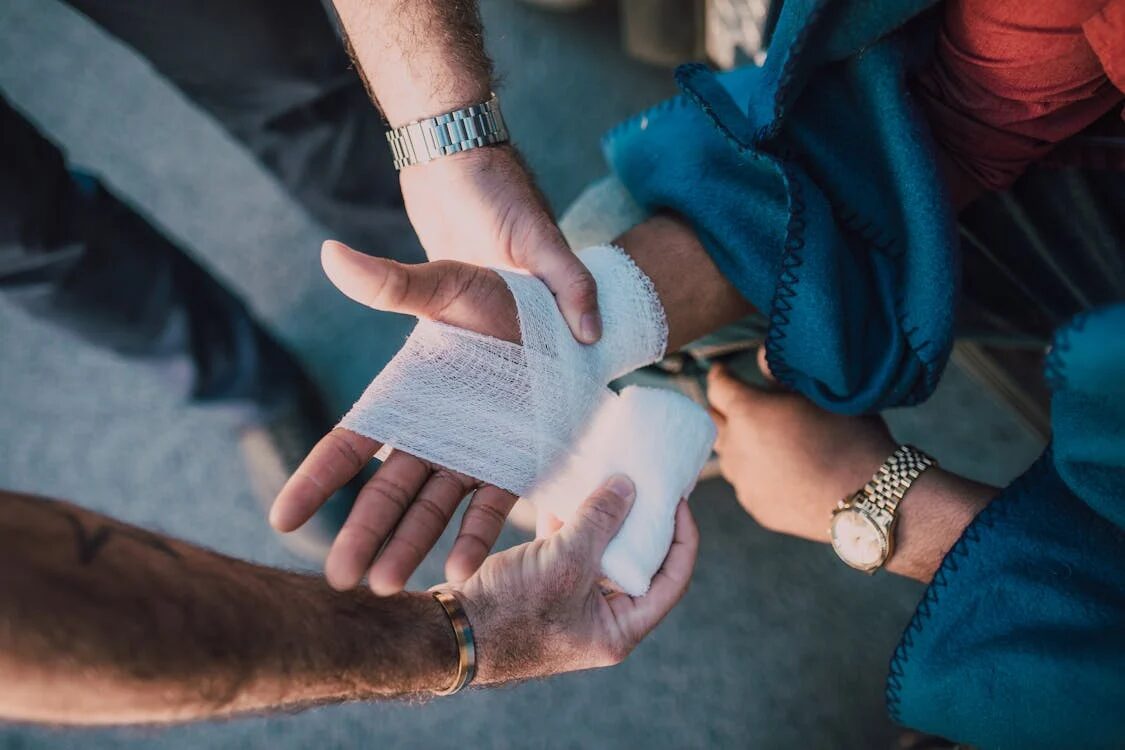Understanding the nuances of injuries and legal repercussions can be overwhelming, especially in the aftermath of a traumatic event. When someone incurs a personal injury, whether due to an accident or other circumstances, the ramifications can extend beyond physical pain. Legal consequences may arise, complicating recovery and understanding one’s rights. It’s essential to navigate this field with informed strategies and wise actions. Here are key insights to help you through this challenging time.
Prioritize Your Health First
The physical and emotional impact of injuries cannot be understated. Your well-being should always come first when dealing with a traumatic incident. Seek medical attention immediately, regardless of the severity of your injuries. Proper documentation of your medical condition is crucial for both your recovery and any future legal proceedings. Once you have addressed your immediate health concerns, it becomes easier to look toward the next steps. Recovery takes time, and listening to your body is essential to avoid any exacerbations of injuries. Understanding your condition not only affects your health but can also influence potential legal claims. Document every visit with your healthcare provider, including diagnoses, treatments, and follow-up care. This ongoing medical documentation plays a vital role later, especially if you decide to pursue compensation.
Document Everything Relevant
Extensive documentation will serve you well in later stages, whether for personal records, insurance claims, or legal matters. If you are involved in an incident where injuries occurred, write down everything you remember. This includes the accident’s circumstances, date, time, and location. Furthermore, if witnesses were present, try obtaining their contact information and statements about the event. Injuries can sometimes manifest long after the incident, making it critical to keep a detailed account. Gather medical reports, bills, and any communications with insurance companies. Even photographs of the scene or your injuries can add weight to your narrative. Accurately presenting these facts can lead to successful outcomes in negotiations or court proceedings.
Understand Your Rights and Legal Options
Navigating legal consequences after experiencing an injury can quickly become convoluted. Familiarize yourself with your rights regarding personal injury claims. Depending on how your injuries were sustained, you may be entitled to compensation for medical costs, lost wages, and pain and suffering. In cases involving a DUI with bodily injury, the legal implications can become particularly complicated. Not only could criminal charges be present, but civil suits may follow. Engaging a qualified personal injury attorney well-versed in DUI laws can provide you with guidance tailored to your specific situation. Legal professionals can help clarify your rights, responsibilities, and the best steps to take.
Don’t Rush to Settle
While the financial burden of medical costs can be daunting, it’s critical not to rush into settling a claim. Often, the first offer made by an insurance company may not fully cover the extent of your injuries or related expenses. Give yourself adequate time to understand your injuries healing process fully and to accurately assess the expenses. Consulting with your attorney about the offer and what your case is worth can provide clarity and direction. Even if you are tempted to accept an initial settlement, remember that it may pay to wait until you have a complete understanding of your situation to negotiate a fair deal.
Stay Informed Throughout the Process
The path following an injury can be filled with complex legal jargon and processes that seem daunting. Make it a priority to stay informed about your case and any legal proceedings involved. Engage in discussions with your attorney regarding updates, deadlines, and what is required from you at every step. Attending all necessary appointments and meetings is vital, as many legal cases depend on your active participation. Understanding the ins and outs of your legal rights can empower you in negotiations and potential court appearances, leading to more favorable results.
Seek Emotional Support
Injuries don’t just affect physical well-being; emotional and psychological impacts can permeate every aspect of life. Reaching out for help is essential not only for physical recovery but also for mental health. Surround yourself with supportive friends and family, or consider professional counseling if feelings of anxiety, depression, or isolation arise. The emotional toll of legal battles can also be significant. Having a support system can alleviate some pressure as you navigate challenging conversations, dealings with insurance companies, or preparing for court appearances. Addressing emotional health can ultimately provide a clearer mindset to handle the various aspects of your injuries and legal repercussions.
Playing your cards right when dealing with injuries and their legal consequences can significantly impact your recovery journey. Taking strategic steps will not only help your physical health but also provide clarity and support through a legally complex environment. Stay informed, act wisely, and prioritize your health throughout the process.




































